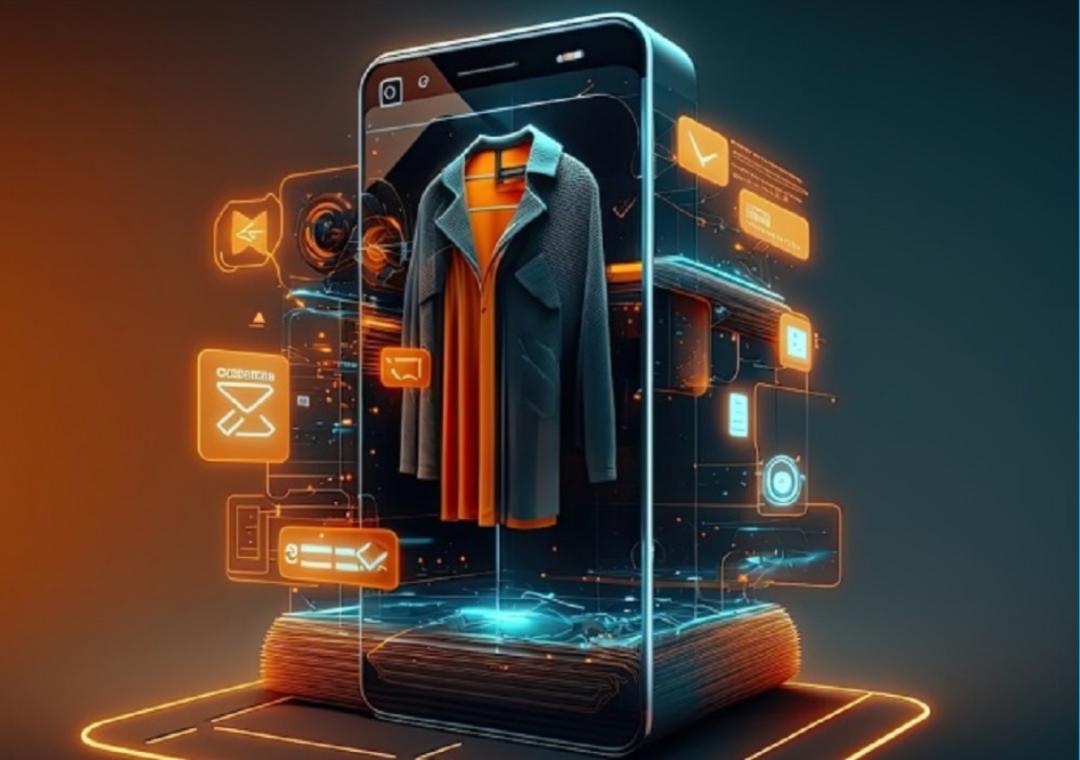
How AI, AR & Automation are Redefining Online Shopping in 2025
Online shopping has undergone a significant transformation in recent years, and the pace of innovation is only accelerating. From AI-powered personalization to AR virtual try-ons, and automated logistics, the future of e-commerce is looking more exciting than ever. In this blog post, we’ll explore how AI, AR, and automation are redefining the online shopping experience, making it faster, more immersive, and frictionless.
AI-Powered Personalization
One of the most significant advancements in e-commerce is the use of AI-powered personalization. AI chatbots, for instance, are revolutionizing the way customers interact with brands online. These chatbots use natural language processing (NLP) to understand customer queries and provide tailored responses. This not only improves customer satisfaction but also reduces the workload for customer support teams.
Smart recommendations are another area where AI is making a significant impact. By analyzing customer behavior and preferences, AI-powered algorithms can suggest relevant products, increasing the chances of a sale. For example, online fashion retailer, ASOS, uses AI-powered recommendations to suggest products based on a customer’s browsing and purchase history.
Voice Commerce
Voice commerce is another area where AI is playing a crucial role. With the rise of smart speakers and voice assistants, customers are increasingly using voice commands to make purchases. For instance, Amazon’s Alexa and Google Assistant enable customers to order products using voice commands, making the shopping experience more seamless and hands-free.
AR Virtual Try-Ons
Augmented Reality (AR) is another technology that’s transforming the online shopping experience. AR virtual try-ons allow customers to see how products would look like on them without having to physically visit a store. This is particularly useful for fashion and beauty products, where customers often struggle to find the right size or color.
For example, beauty brand, ModiFace, uses AR technology to enable customers to try on makeup virtually. The technology uses a customer’s photo to superimpose virtual makeup products, allowing them to see how they would look without having to physically apply the products.
Automated Logistics
Automation is also playing a crucial role in streamlining the supply chain and delivery process. With the help of automation, online retailers can reduce the time it takes to process and ship orders, making the delivery process faster and more efficient.
For example, online retailer, Zappos, uses automation to streamline its supply chain and delivery process. The company uses a combination of algorithms and machine learning to optimize its inventory management, ensuring that customers receive their orders quickly and efficiently.
The Future of Online Shopping
As we look to the future, it’s clear that AI, AR, and automation will continue to play a crucial role in shaping the online shopping experience. In 2025, we can expect to see even more innovative uses of these technologies, such as:
- AI-powered product recommendations based on a customer’s emotions and preferences
- AR virtual try-ons that allow customers to see how products would look like in different environments
- Automated logistics that use drones and autonomous vehicles to deliver products faster and more efficiently
Conclusion
In conclusion, AI, AR, and automation are revolutionizing the online shopping experience, making it faster, more immersive, and frictionless. From AI-powered personalization to AR virtual try-ons, and automated logistics, the future of e-commerce is looking more exciting than ever. As online retailers continue to innovate and adopt these technologies, we can expect to see even more significant changes in the way we shop online.
Source:
https://www.growthjockey.com/blogs/e-commerce-tech-trends-online-shopping






